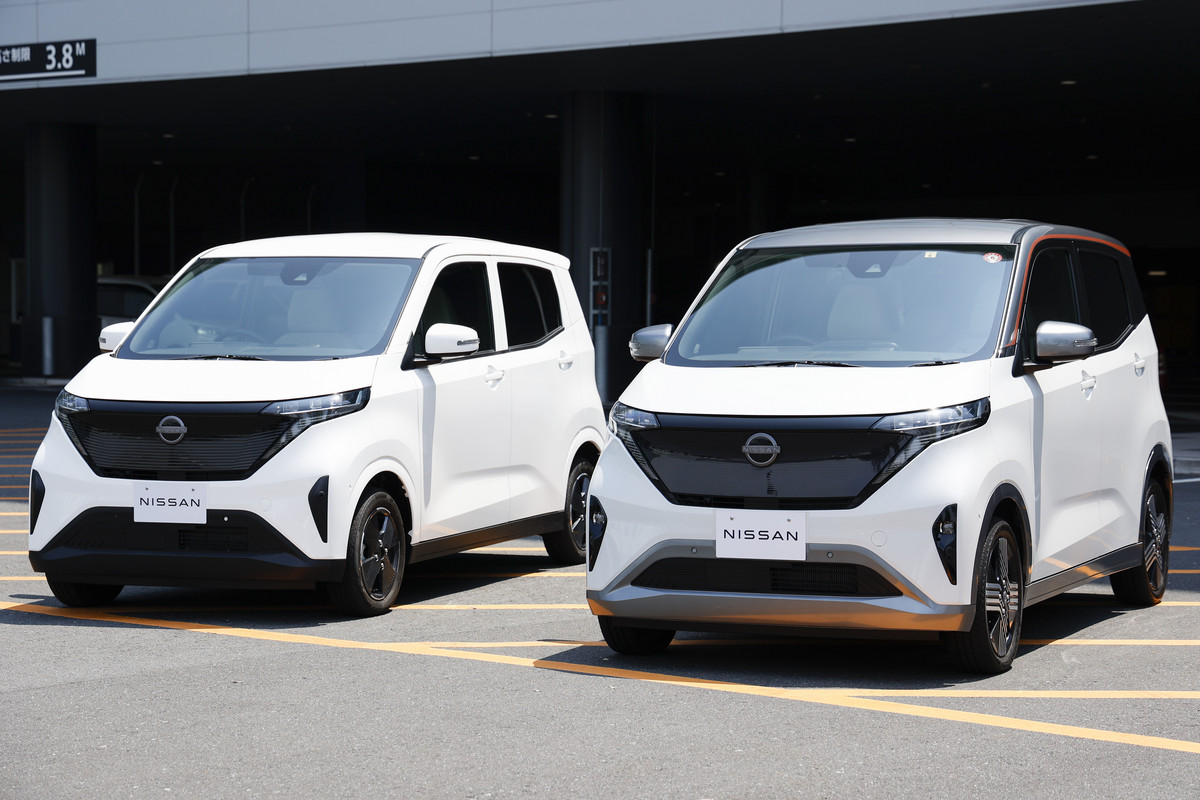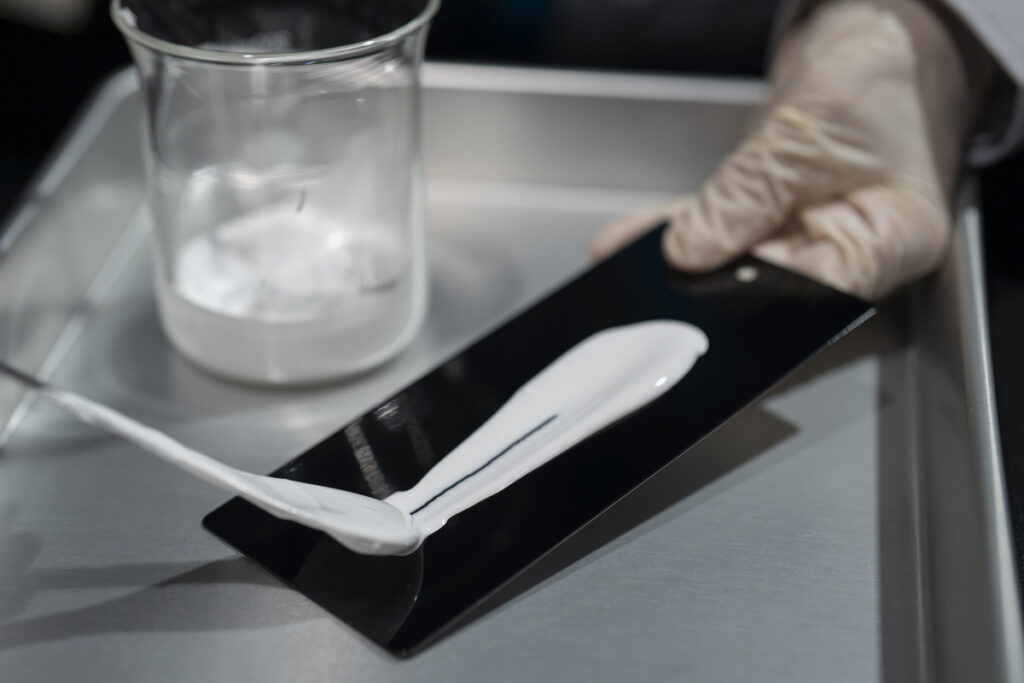
Nissan trialing cool paint technology
London, August 06, 2024, (Oilandgaspress) ––Nissan has been trialing an innovative automotive paint aimed at helping lower a vehicle’s ambient cabin temperature in summer and reduce the energy usage of the air-conditioning system. Developed in partnership with Radi-Cool, a specialist in radiative cooling products, the paint incorporates metamaterial, synthetic composite materials with structures that exhibit properties not usually found in nature.
The project is part of Nissan’s pursuit of differentiated innovations that empower journeys and to help create a cleaner more sustainable society. Although still in testing phase, the results to date have been impressive. Parked side-by-side under the sun, a vehicle treated in Nissan’s cool paint has shown yields of up to a 12-degree Celsius reduction in exterior surface temperatures and up to 5-degree Celsius cooler interior, compared to a vehicle featuring traditional automotive paint.

The paint’s cooling performance is particularly noticeable when a vehicle is parked in the sun for an extended period. A cooler cabin is not only more pleasant to enter, but also requires less air-conditioning run-time to cool the cabin to a comfortable temperature. This helps reduce load to the engine, or in the case of an electric vehicle, draw on the battery. In both powertrains, an improvement in efficiency is expected, as well as occupant comfort.
The metamaterial embedded within Nissan’s cool paint features two microstructure particles that react to light. One particle reflects near-infrared rays in the sunlight that would typically cause molecular level vibrations within the resin of traditional paint to produce heat.
The second particle enables the real breakthrough. It creates electromagnetic waves, that counteract the sun’s rays, redirecting the energy away from the vehicle into the atmosphere. Combined, the particles in Nissan’s cool paint reduce the transfer of heat into surfaces such as the roof, hood, doors and panels.
Information Source: Read More
Oil and gas press covers, Energy Monitor, Climate, Renewable, Wind, Biomass, Sustainability, Oil Price, LPG, Solar, Marine, Aviation, Fuel, Hydrogen, Electric ,EV, Gas,

